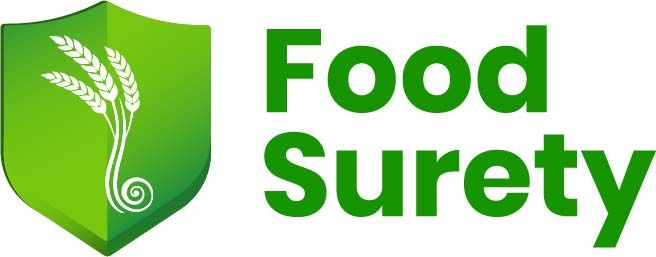Over the years, I’ve conducted hundreds of audits
and verifications at restaurants, cafés, and production kitchens.
Some teams
are absolutely committed to the highest standards of food safety and quality.
You can feel the pride, staff know their role, fridges are checked, and
managers can explain their systems confidently.
Others, however, see food safety as just a
compliance cost. Corners get cut, training is skipped, and the attitude is
“we’ll deal with it if the inspector asks.”
That mindset is risky, and
expensive. I often remind teams:
“If food is not safe, it’s not food. And if
you don’t have food, you don’t have a food business.”
It’s true food safety is the foundation of
your entire food business.
Food waste
Every year, New Zealand cafés and restaurants generate
24,300+ tonnes of
waste, with around
61% of it avoidable (
PMCSA 2022).
That’s food you’ve already paid for, staff
time you’ve already spent, and profit you’ll never see.
Compliance fines
Under the Food Act 2014, councils and MPI enforce strict requirements.
Falling short can mean fines, temporary closures, or even lost licences. Here
are couple of examples:
- January 2025: Auckland food business and
manager fined $16,500 over multiple food safety record keeping failures. Find further details here.
- April 2025: Restauranteur placed on 6 months
home detention, fined $20,000 for selling recalled food. Find further details here.
Reputation loss One foodborne illness incident can undo years of hard work. A single negative
review online can deter hundreds of potential customers.
✅ Practical skills.
Food Surety’s Introductory Food Safety e-learning teaches staff how to manage storage, temperature control, and cross-contamination.
✅ Confidence at work.
When your team knows what to do, they make fewer mistakes, reduce waste, and avoid costly rework.
✅ Verification readiness.
Training keeps you prepared for MPI or council verifications, no scrambling, no last-minute fixes.

